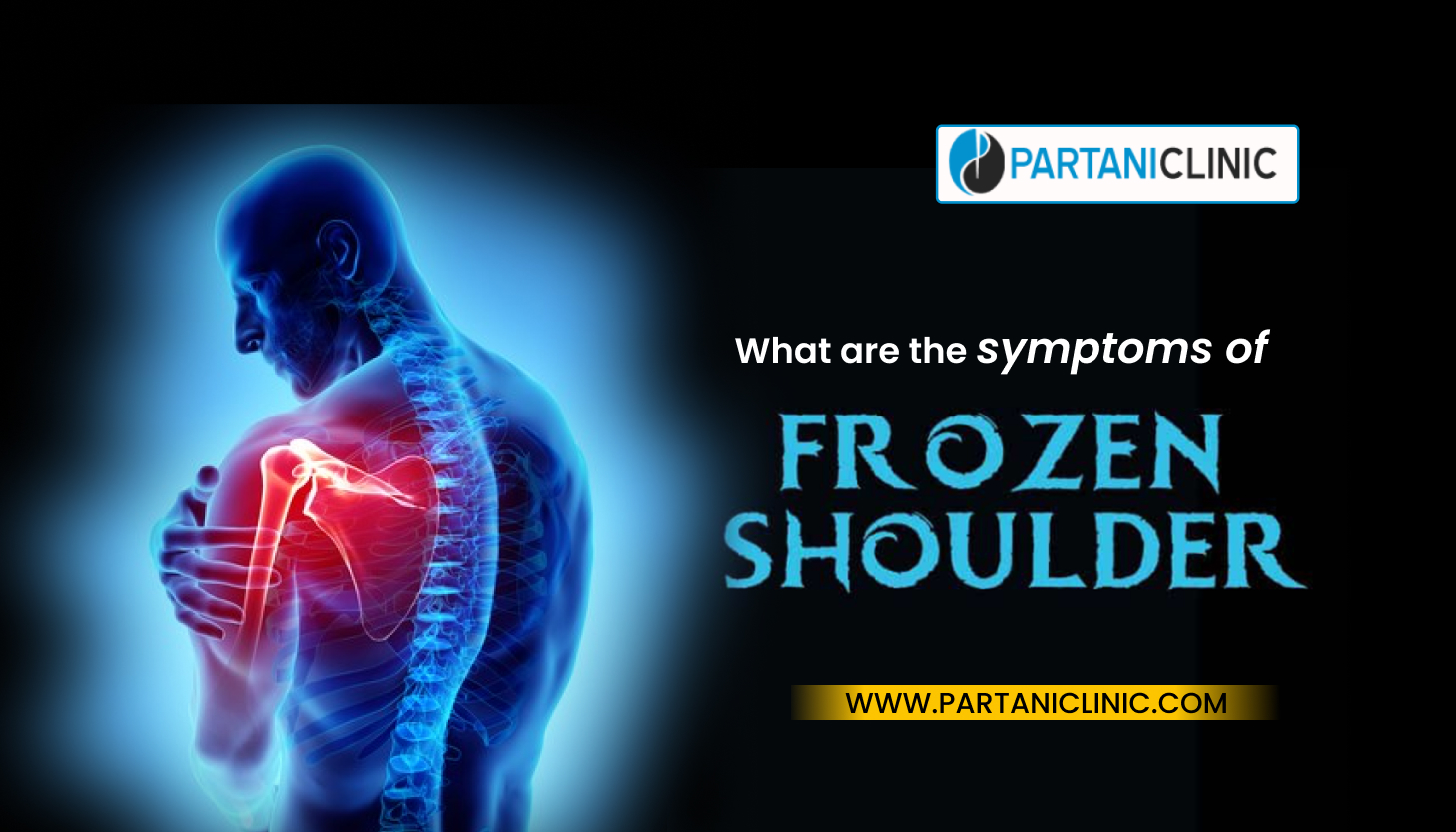
What are the symptoms of Frozen Shoulder? Partani Clinic
Frozen shoulder, also called adhesive capsulitis, is a painful condition in which the movement of the shoulder becomes limited. Frozen shoulder occurs when the strong connective tissue surrounding the shoulder joint (called the shoulder joint capsule) become thick, stiff, and inflamed.
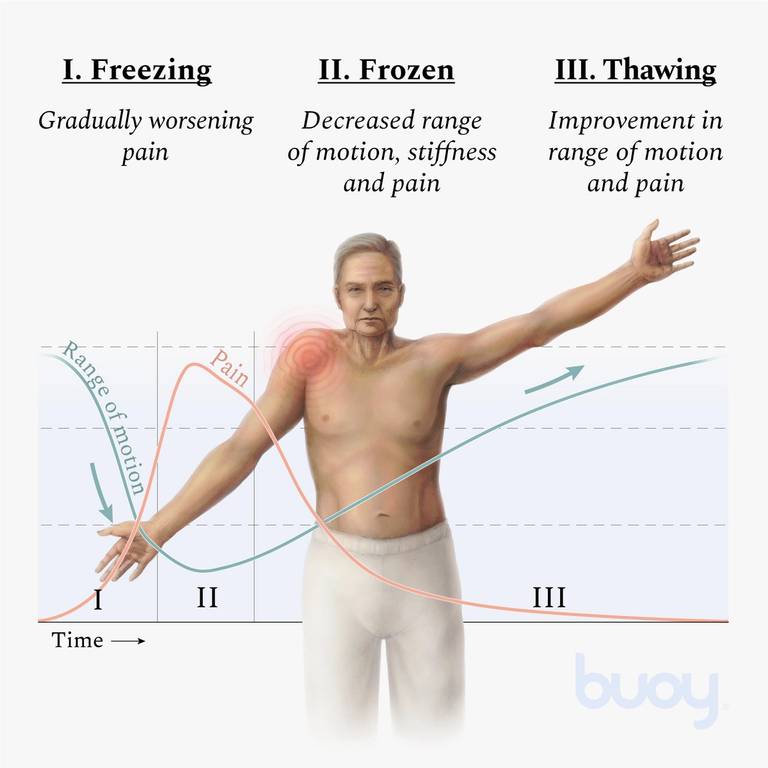
"Frozen" Shoulder? Here's How To THAW It Out And Find Some Relief Again... Eat Right Stay Tight
Key Points. Question Are any treatment modalities for frozen shoulder associated with better outcomes than other treatments?. Findings In this meta-analysis of 65 studies with 4097 participants, intra-articular corticosteroid was associated with increased short-term benefits compared with other nonsurgical treatments, and its superiority appeared to last for as long as 6 months.
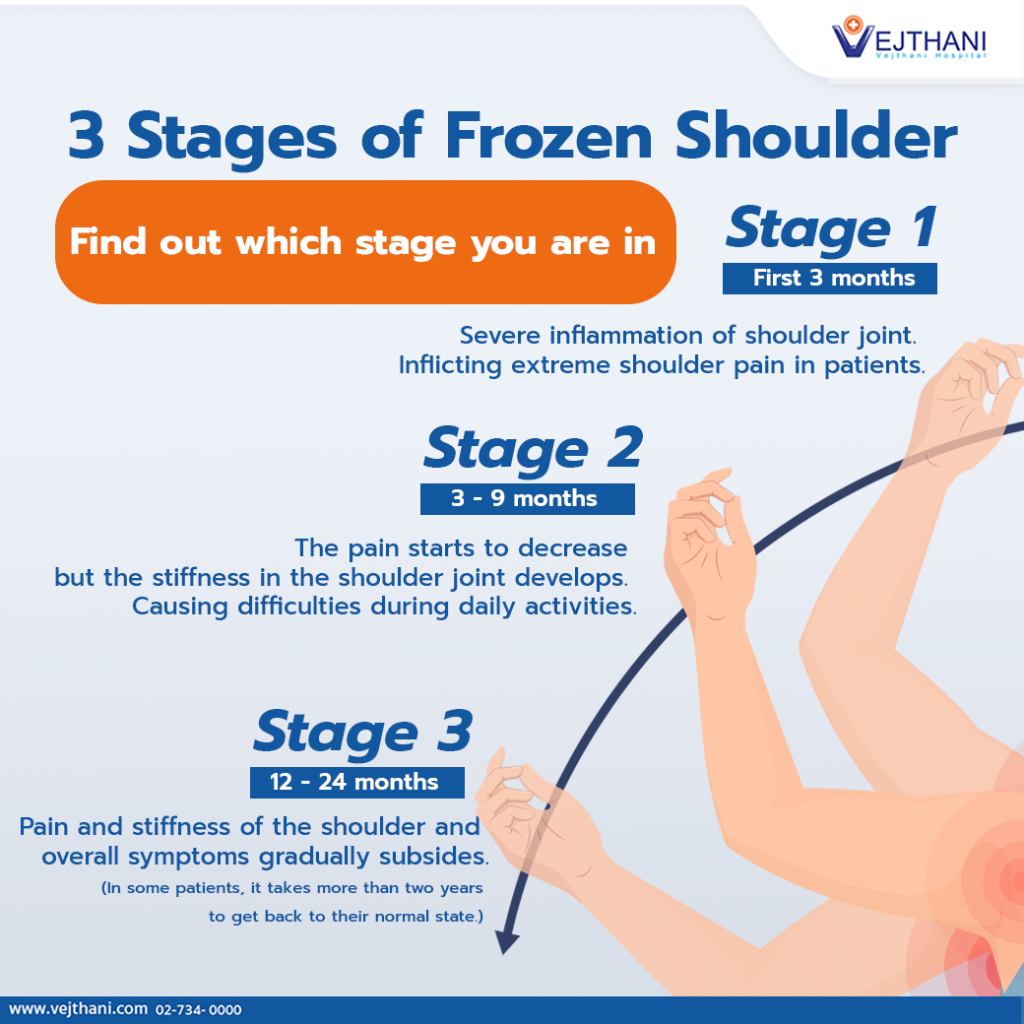
3 Stages of Frozen Shoulder Find out which stage you are in Vejthani Hospital
What, technically, is frozen shoulder? The proper medical moniker for this condition is adhesive capsulitis. The capsule in question, explains Wright, is the skin inside the joint that surrounds the bones and contains the joint's fluid. "It's a critical tissue for the health of the joints," she says.

Frozen Shoulder Denville Medical
Frozen shoulder is a fibroproliferative disorder of the shoulder characterized by pain and progressive loss of shoulder mobility. In this Primer, Millar et al. provide an overview of the.

FROZEN SHOULDER WHAT IT IS? Diasurge Medical
Frozen shoulder is often caused by inflammation of the capsule, tissue surrounding the shoulder joint. Diagnosing frozen shoulder requires a physical examination and possible X-rays or additional tests to rule out other causes of symptoms. Physical therapy and anti-inflammatory medication are usually prescribed to treat frozen shoulder.

Frozen Shoulder And Menopause More Than Just The Cold Shoulder My Menopause Store
Frozen shoulder (FS) is a relatively common condition characterized by pain and stiffness of the shoulder joint. The exact cause of primary FS is unknown and in some patients the condition can persist for several years. Treatment strategies vary depending on stage of presentation, patient factors and clinician preferences..
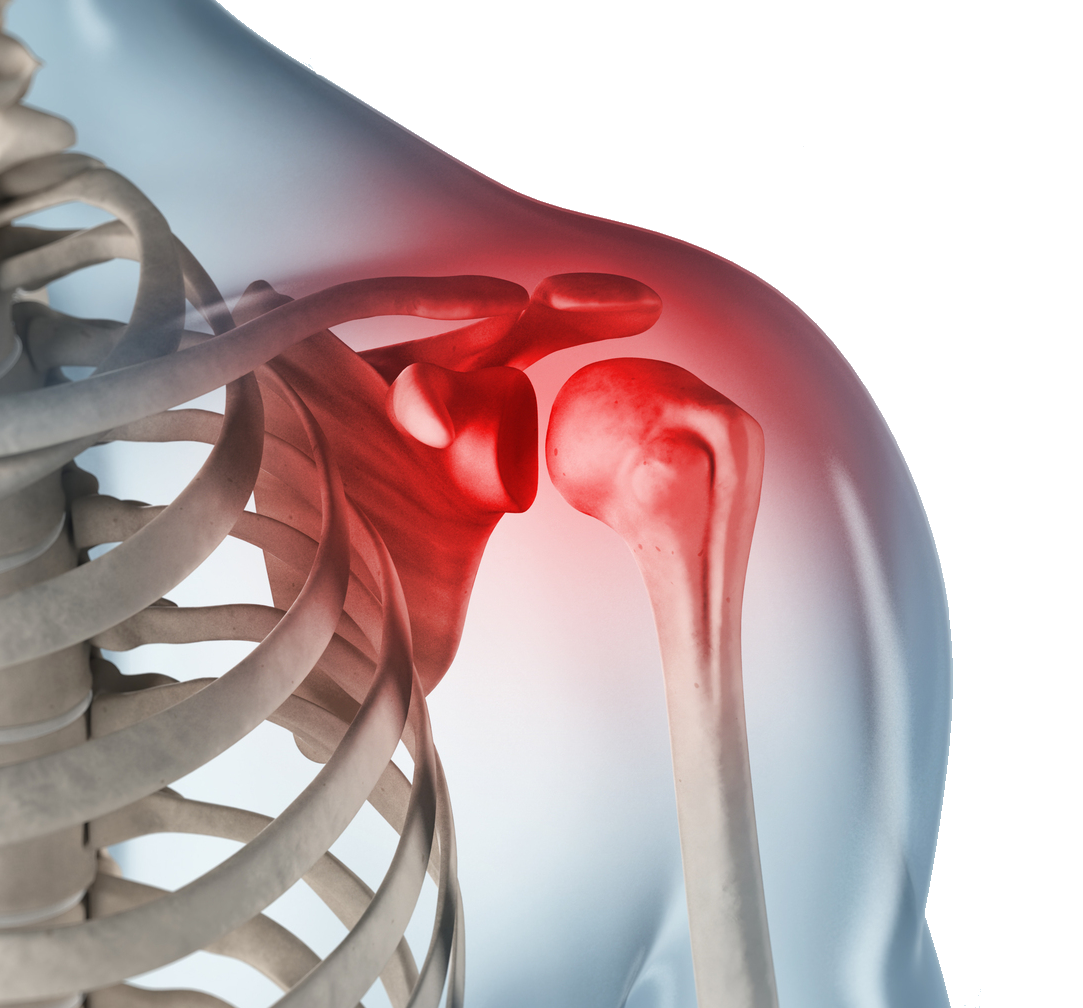
Orthopaedic & Trauma Surgeon Shoulder Frozen shoulder
Synopsis Frozen shoulder or adhesive capsulitis describes the common shoulder condition characterized by painful and limited active and passive range of motion. The etiology of frozen shoulder remains unclear; however, patients typically demonstrate a characteristic history, clinical presentation, and recovery. A classification schema is described, in which primary frozen shoulder and.

FROZEN SHOULDER WHAT IT IS? Diasurge Medical
Stage 1: Freezing In the "freezing" stage, you slowly have more and more pain. As the pain worsens, your shoulder loses range of motion. Freezing typically lasts from 6 weeks to 9 months. Stage 2: Frozen Painful symptoms may actually improve during this stage, but the stiffness remains.
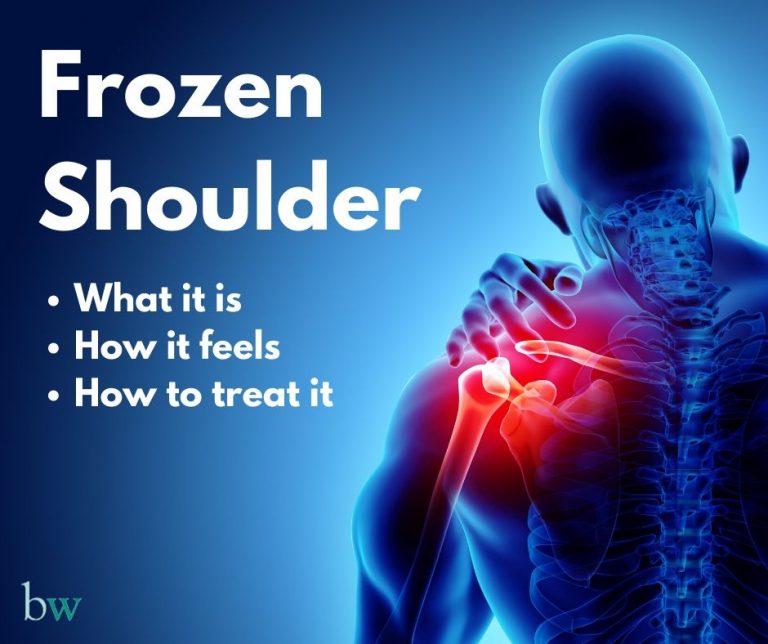
Frozen Shoulder The Bodyworks Clinic Marbella Spain
Frozen shoulder, also called adhesive capsulitis, involves stiffness and pain in the shoulder joint. Signs and symptoms typically begin slowly, then get worse. Over time, symptoms get better, usually within 1 to 3 years. Having to keep a shoulder still for a long period increases the risk of developing frozen shoulder.

Frozen Shoulders Treatment Kevaline Physiotherapy and Osteopathy Clinic
FS or primary idiopathic stiff shoulder terms are used to describe a stiff shoulder that develops without any specific trauma or any underlying disease process. The patient can have a condition that is known to have a link to stiffness (diabetes, thyroid disorders) but not necessarily known to cause stiffness.

Frozen Shoulder Ortho One
Die Frozen Shoulder beschreibt eine schmerzhafte Bewegungseinschränkung des Schultergelenks, die auf degenerativ e Prozesse im Bereich der Weichteile (z. B. Gelenkkapsel, Rotatorenmanschette) zurückzuführen ist. Man spricht auch von einer adhäsiven Kapsulitis. Die Gelenkkapsel fibrosiert (Umwandlung in Bindegewebe) und schrumpft.
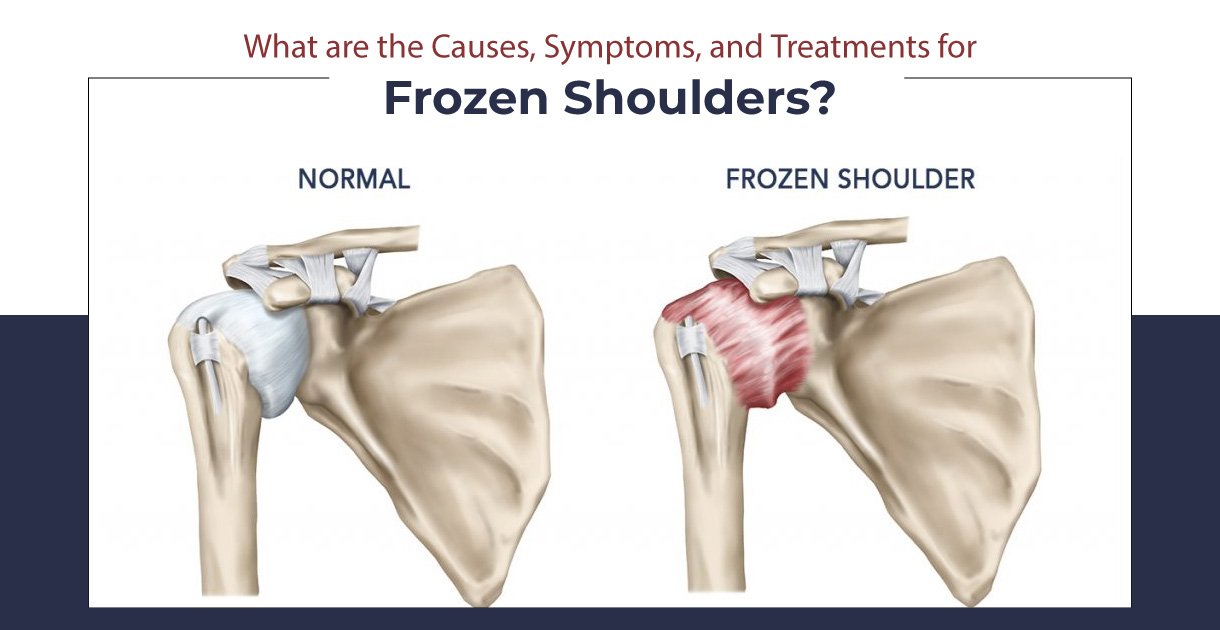
Causes, Symptoms, and Treatments for Frozen Shoulders
Adhesive capsulitis (AC), is also known as frozen shoulder an insidious painful condition of the shoulder persisting more than 3 months. This inflammatory condition that causes fibrosis of the glenohumeral joint capsule is accompanied by gradually progressive stiffness and significant restriction of range of motion (typically external rotation).
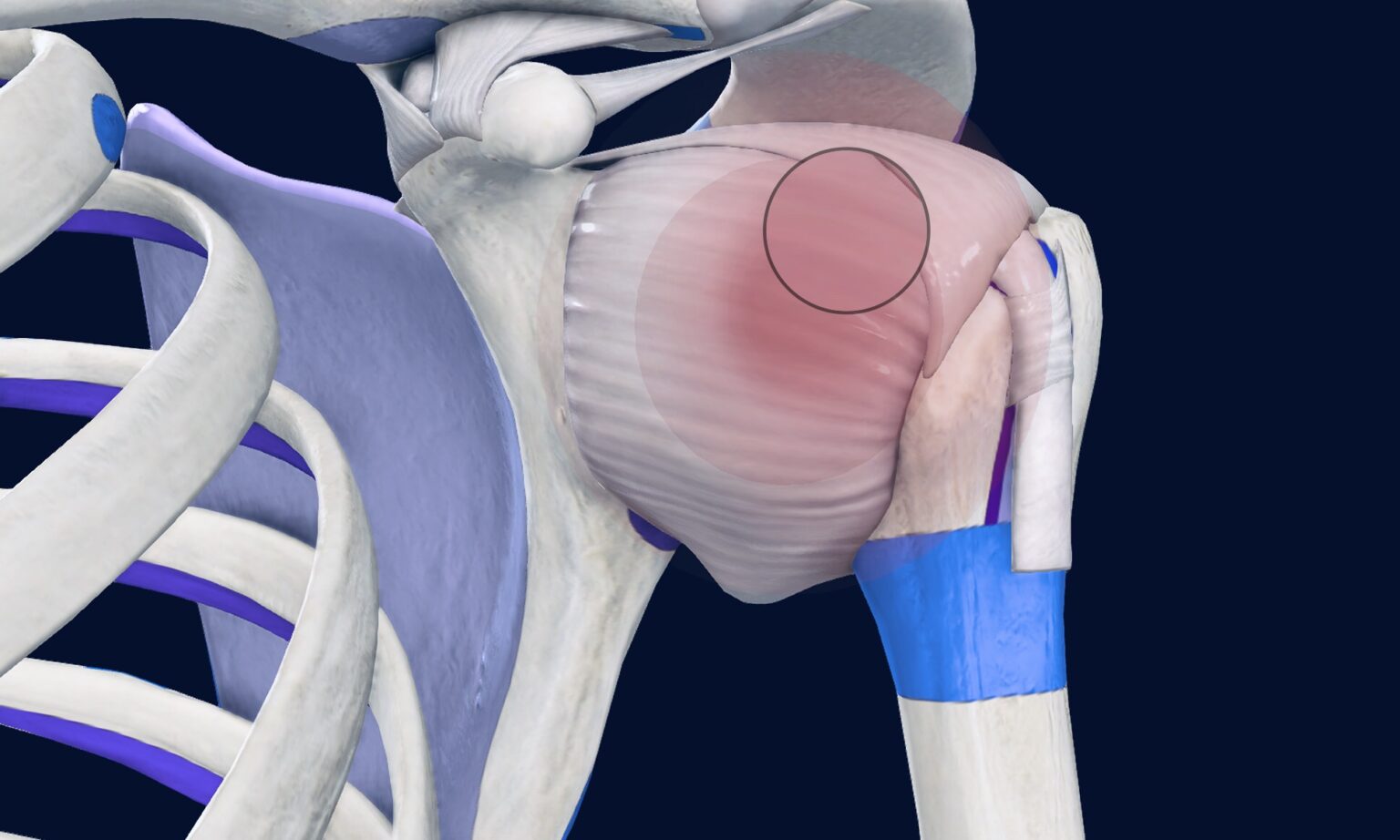
Frozen Shoulder Archives Osteo Health osteopath clinic in Calgary
What is frozen shoulder? Frozen shoulder is a condition that results in development of thickened, fibrosed joint capsule, contraction of the joint, and reduced intra-articular volume.1 The exact cause of these changes is unknown, with several possible processes suggested in the literature.1 Over the years, uncertainty has surrounded the definition and classification of this condition, leading.

Guide To Frozen Shoulder Resilience Orthopedics, San Jose
Physical therapy aims to restore, maintain, and promote physical function. It is an important management tool that can help promote shoulder mobility and alleviate pain. A physical therapist may.

3 stages of frozen shoulder What are the stages of frozen shoulder? YouTube
Common names for Frozen Shoulder include: This inflammatory condition causes fibrosis of the GH joint capsule, is accompanied by gradually progressive stiffness and significant restriction of range of motion (typically external rotation). In clinical practice it can be very challenging to differentiate early stages of Frozen Shoulder from other.

Frozen Shoulder Symptome Ursache Diagnose Behandlung und mehr
Frozen shoulder (FS) is a common shoulder disorder characterized by a gradual increase of pain of spontaneous onset and limitation in range of motion of the glenohumeral joint. The pathophysiology of FS is relatively well understood as a pathological process of synovial inflammation followed by capsular fibrosis, but the cause of FS is still.